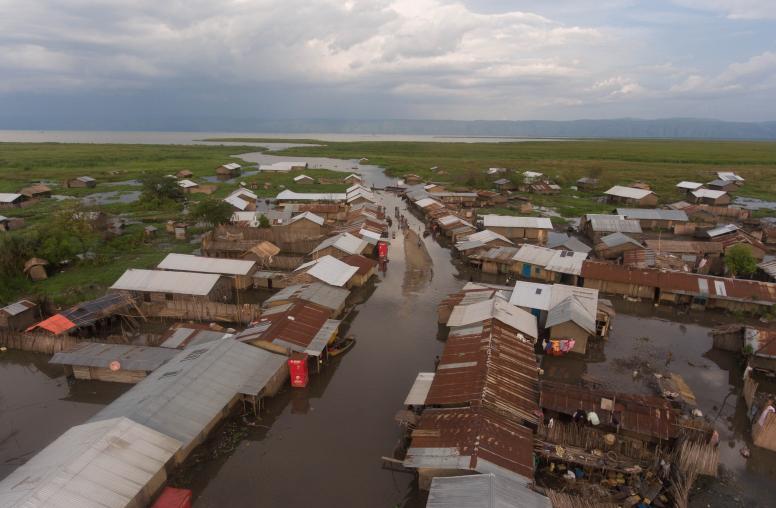 Uganda
Uganda
Featured Research & Analysis

Ugandans Wield Faith and Youth Against Climate-Fueled Violence
At age five, Muhsin Kaduyu began following his father, a respected imam in southern Uganda, on missions of peace — constant meetings, mediations, consolations and prayers among Muslims and Christians in their town and surrounding farmlands. So years later, Kaduyu felt sickened when Islamist suicide bombers killed 74 soccer fans in a crowd near his university, deforming and defaming his faith. That bombing, and an anti-Muslim backlash, ignited a life’s mission that has made Kaduyu a prominent peacebuilder among millions of Ugandans who struggle for survival, prosperity and peace amid communal conflicts, violent extremism and growing climate disaster.

Elite Capture and Corruption of Security Sectors
The objective of US security sector assistance is to help build effective, accountable, responsive, transparent, and legitimate security sectors in partner nations to address common security risks. Such action ultimately benefits US national interests, as when the United States modernized West Germany’s military during the Cold War; when US security sector support to South Korea helped the United States deter regional threats; and when, in Ukraine, US security sector assistance contributed to success in fending off Russian aggression in 2022. Similarly, the United States helped Georgia turn its traffic police into one of the most trusted institutions in the country, supported Albania as it updated the governance of its security forces, and assisted Colombia in making progress toward ending its long-standing armed conflict.

Amid War in Ukraine, Russia’s Lavrov Goes on Diplomatic Offensive
As Russia’s unprovoked and illegal war against Ukraine enters its seventh month, the Russian government continues its diplomatic offensive to prevent more countries from joining international condemnation and sanctions for its military aggression. Between July and August, Russia’s Foreign Minister Sergey Lavrov traveled to Egypt, Ethiopia, Uganda, the Republic of Congo, Myanmar and Cambodia — the last as part of the Association of Southeast Asian Nations (ASEAN) Foreign Ministers’ Meeting. This tour represented an evolving reorientation of Russian foreign policy from Europe to the Global South that has accelerated since Russia’s first invasion of Ukraine in 2014.
Current Projects

Generation Change Fellows Program
Generation Change works with young leaders across the globe to foster collaboration, build resilience and strengthen capacity as they transform local communities.